Summary
Always playing provocative, captivating roles,Peter SarsgaardandBen Chaplinare character actors to be admired.
This film is filmed wholly from the perspective of the ABC Sports crews coverage of the internationally traumatic events.
In the film, Sarsgaard portraysRoone Arledge, the creator of modern sports entertainment.
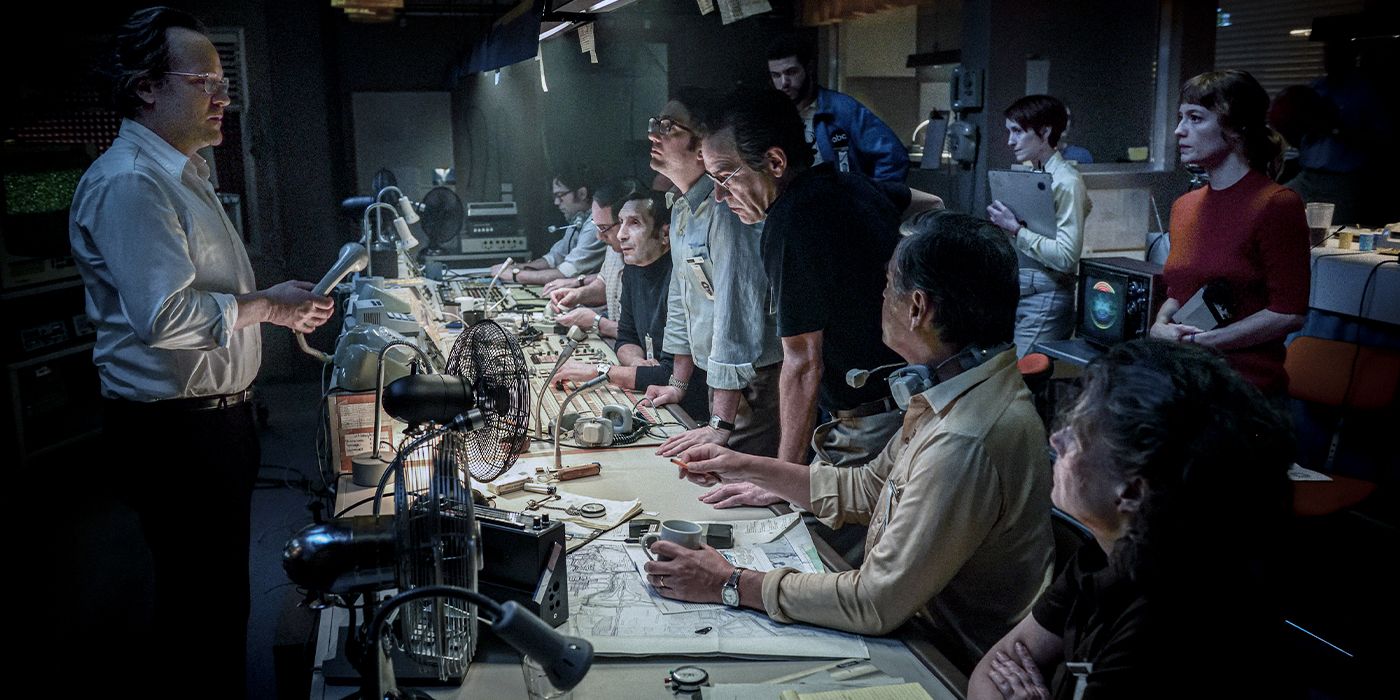
Image via Paramount Pictures
Chaplin portraysMarvin Bader, the VP of Olympic operations during the emergency.
The film co-starsJohn Magaro(Past Lives) andLeonie Benesch(The Crown).
I’m sure for both of you, you’ve read a lot of scripts.
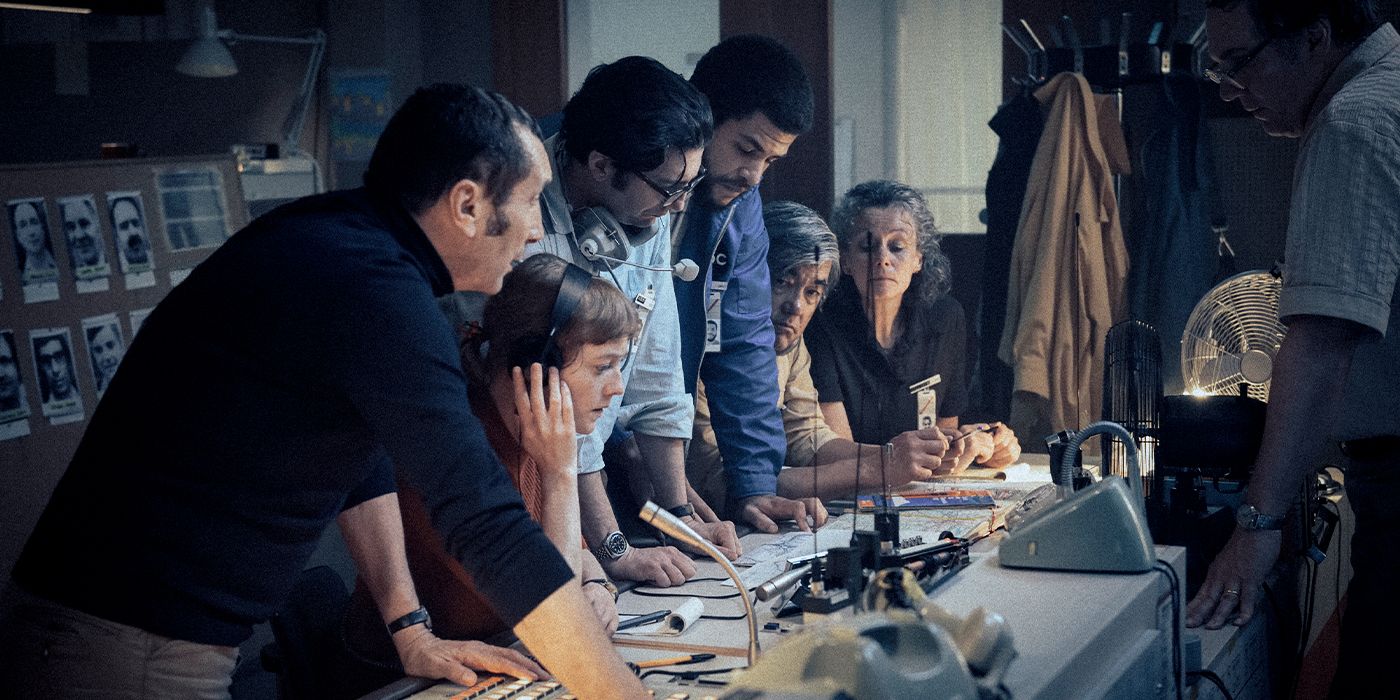
Image via Paramount Pictures
How much did you actuallypayto be in the movie?
BEN CHAPLIN: More than I got paid.
It’s not easy to understand from the script that it’s going to be this movie.
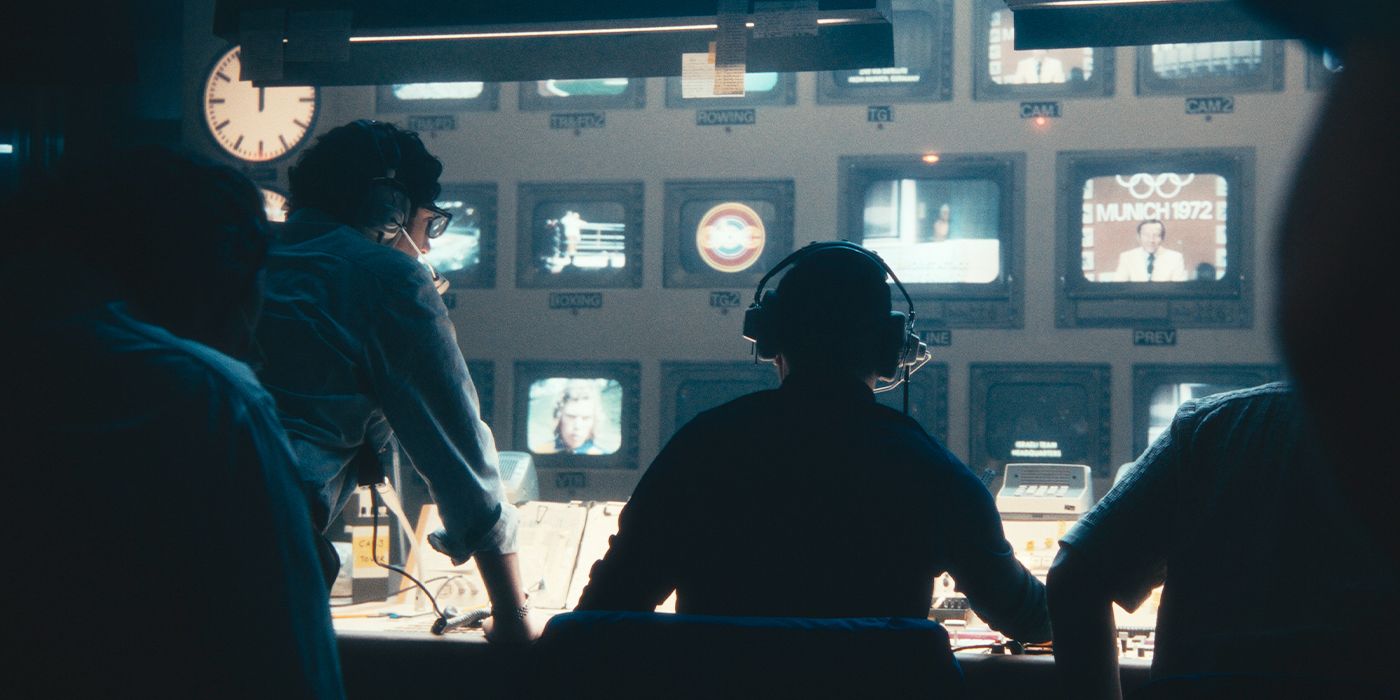
Image via Paramount Pictures
What makes it easier is when you meet Tim, who is so compulsive about verisimilitude.
Down to the walkie or the shaver you’re going to use, and having the fax machine work.
I thought that was super important for this story.
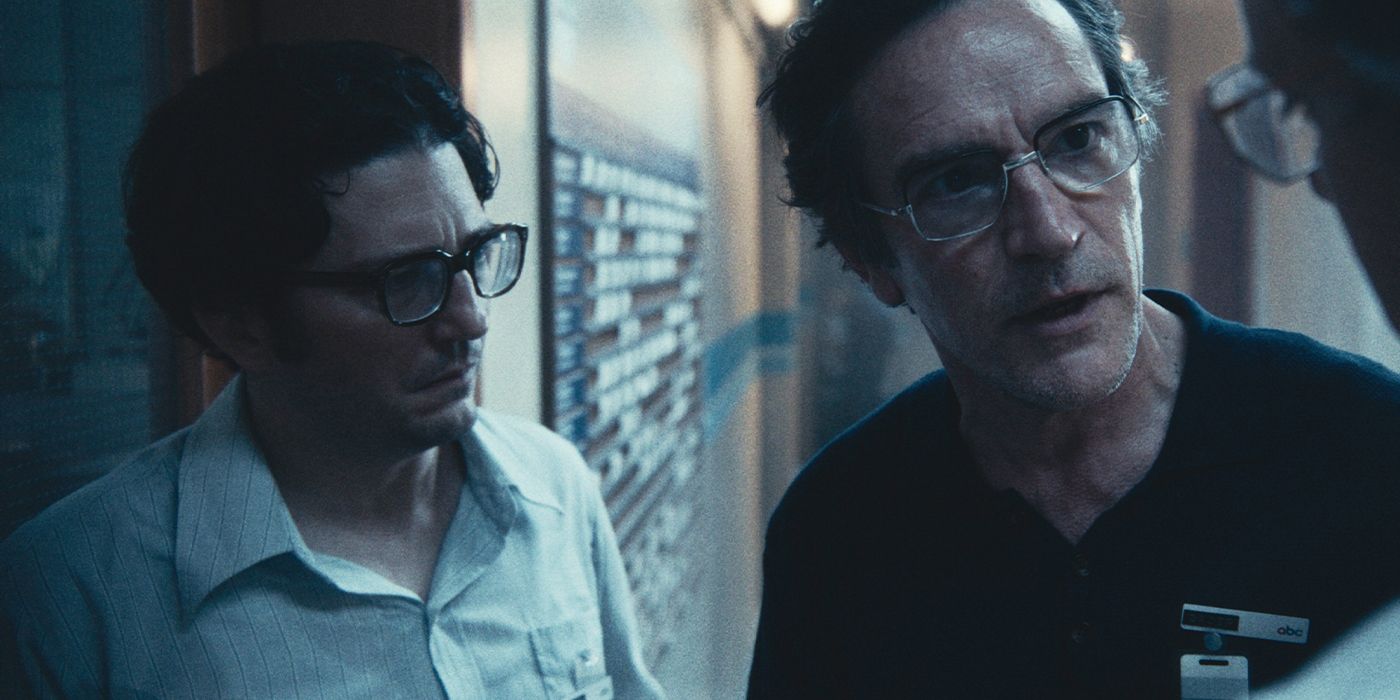
Image via Paramount Pictures
It’s really about trying to get the story straight.
What Happened On September 5?
What if someone is killed on television?
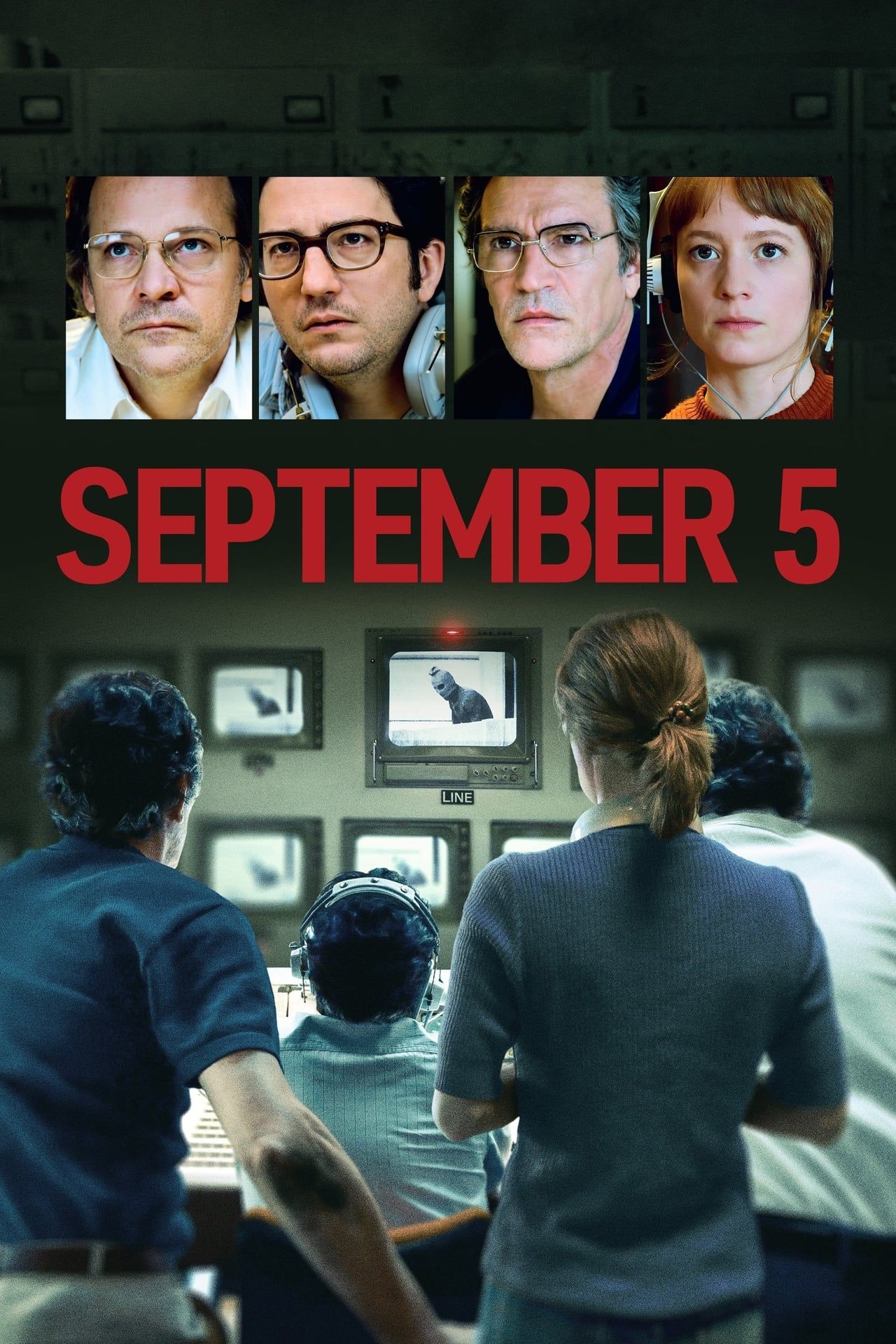
During the 1972 Munich Olympics, an American sports broadcasting crew finds itself thrust into covering the hostage crisis involving Israeli athletes.
A lot of people won’t remember or realize that this was the first global event.
The whole world watching a tragedy unfold live on TV really changed everything.
CHAPLIN: You probably know more about it, in terms of historically.
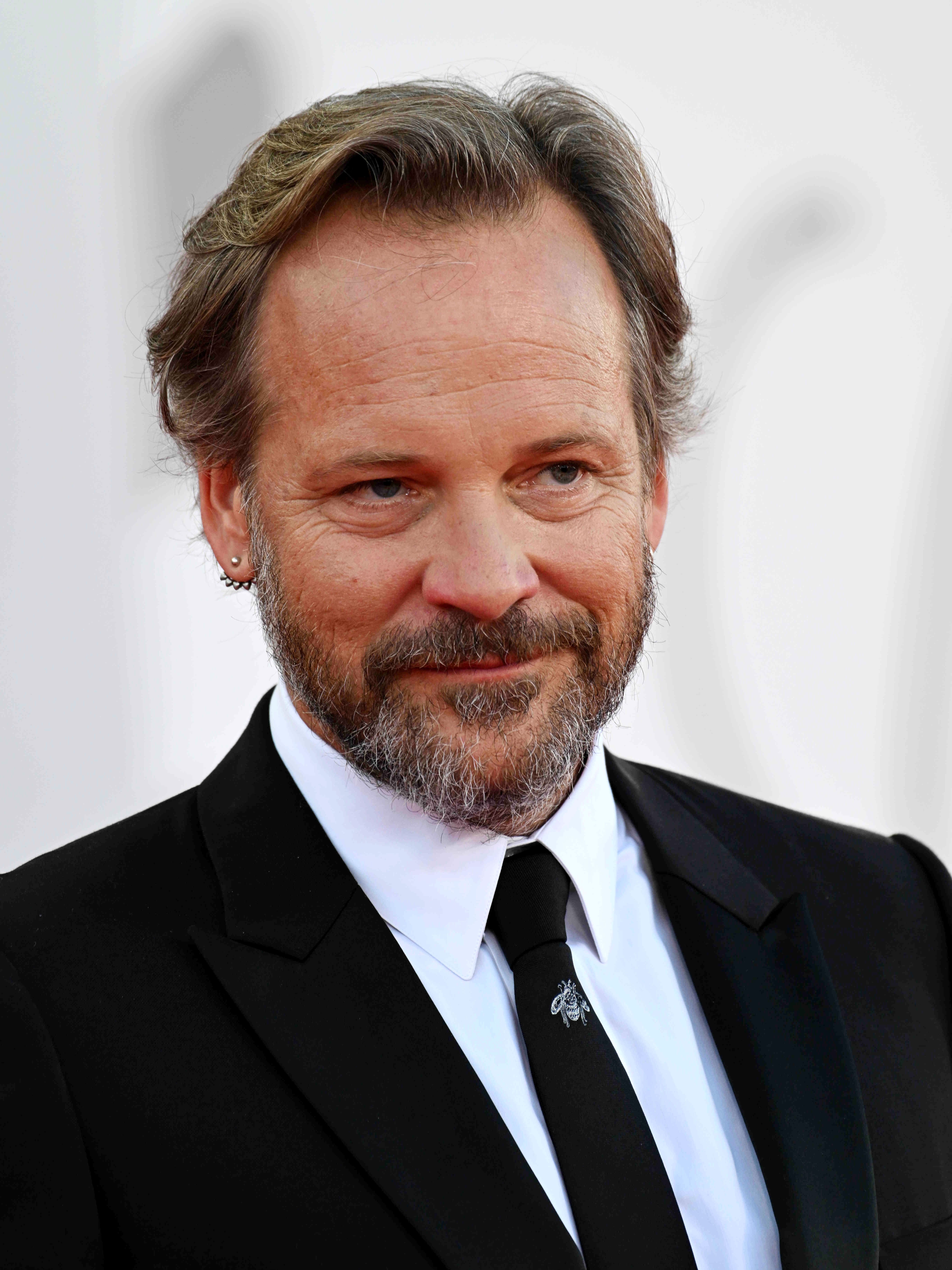
SARSGAARD: They basically had a satellite that they had to share.
It wasn’t like now, where we have a sky that is filled with them.
They thought the best way to cover this thing was by pointing this live camera at it.
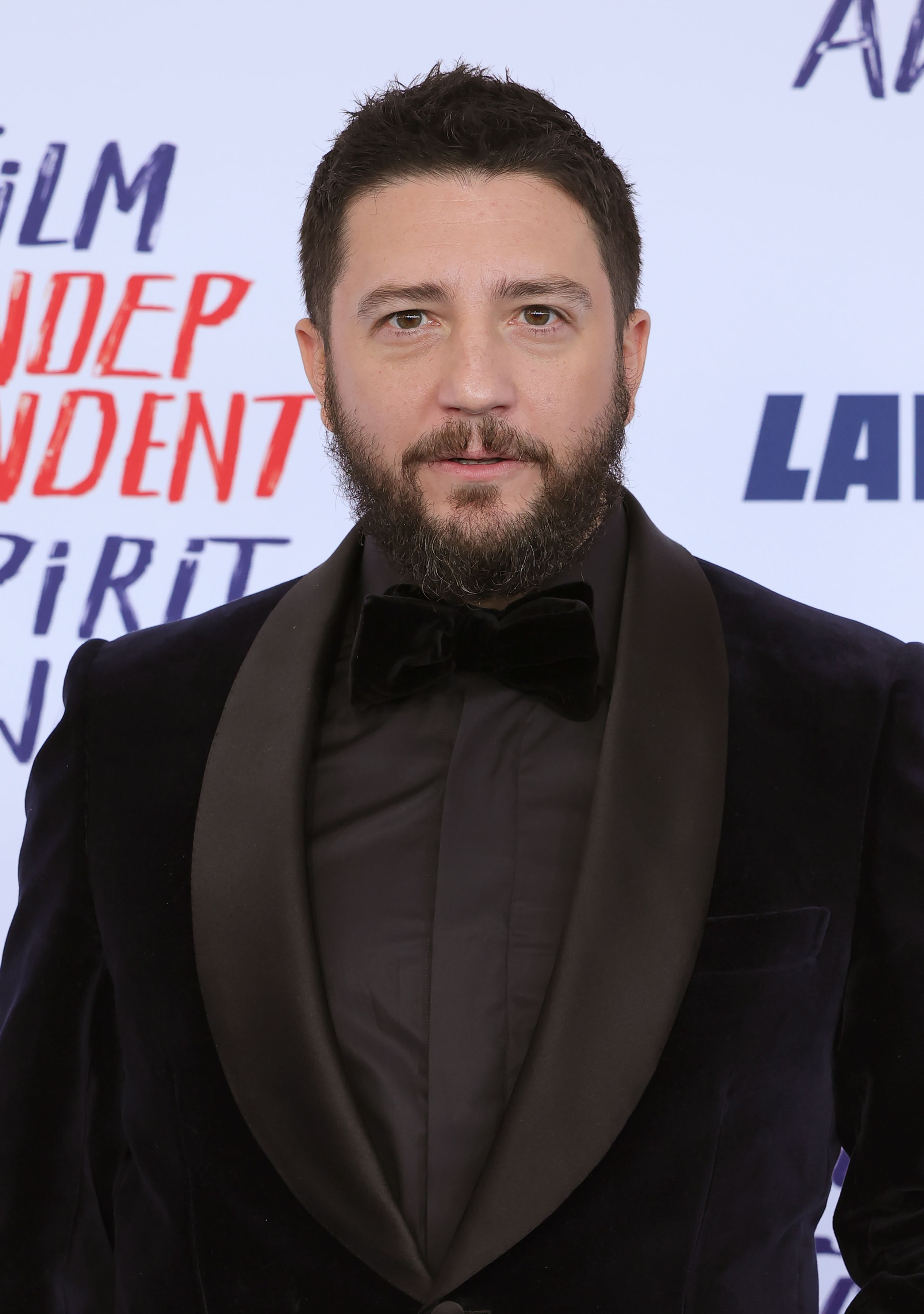
That opens a whole can of worms, right?
They seem like simple questions to us now, but they were soin it.
Is that the objective truth?
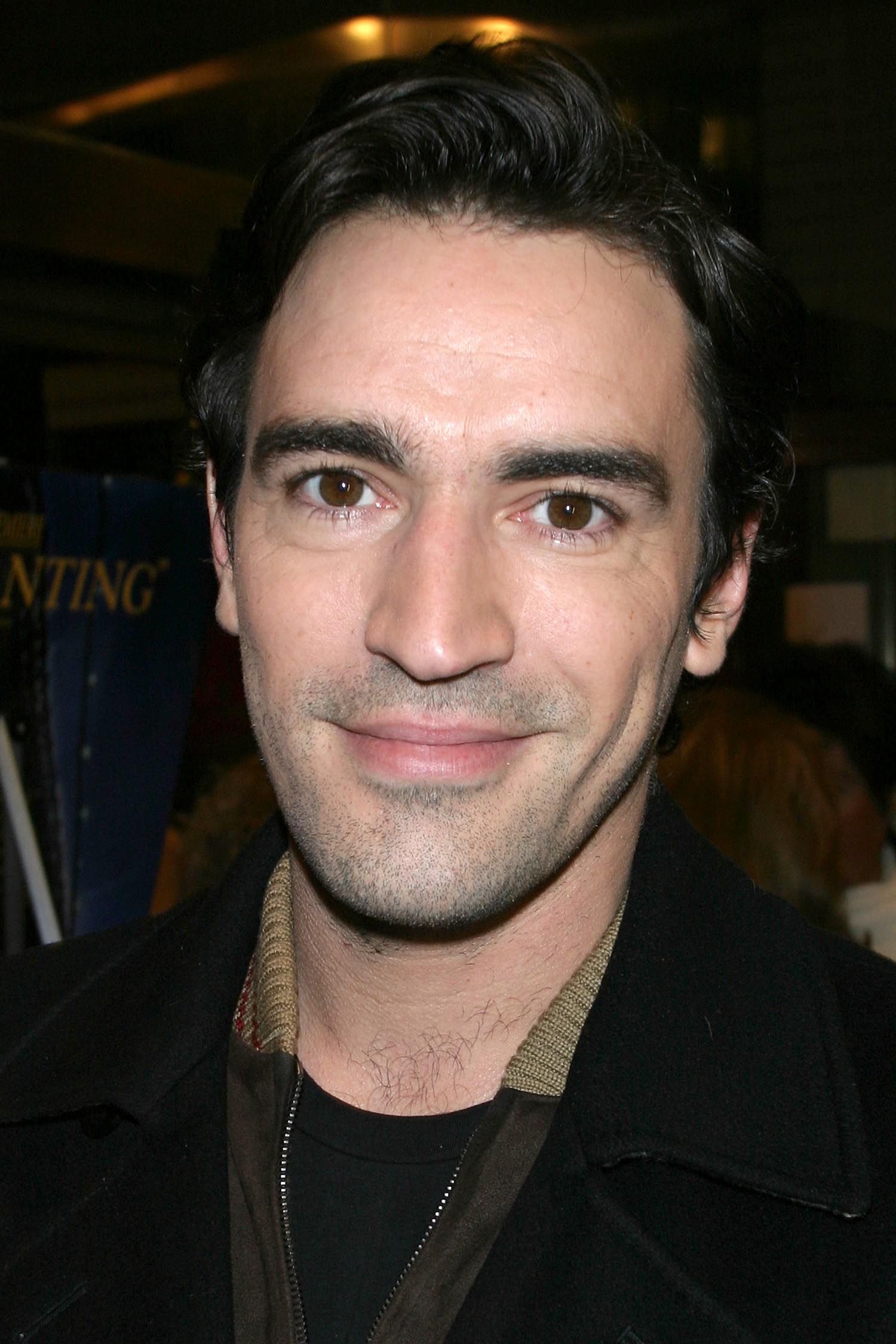
I would say itisn’t.
able to change images.
It’s something that is very worth discussing.

One of the real strengths of the film is what people can talk about after.
Whatshouldwe show on TV?"
You see it now with car chases.

CHAPLIN: It’s a really huge question.
It’s not one there’s an answer… you could’t reverse progress.
SARSGAARD: Just asking the question is the thing.

CHAPLIN: That is the thing, and its maybe about how we consume it.
To what level we discern what we consume?
There’s a lot of material out there for both of you to pull from.
The real footage and all the different people that are still alive that you could talk to.
I would imagine before stepping on set for this, you are really giving it a lot of thought.
Can you take me through your process for getting ready for this movie?
SARSGAARD: I have a friend who has covered the Olympics and also covers the NHL regularly.
I’ve always had some sort of window into it.
There’s a lot to read about, and by Roone Arledge.
The guy went on to invent what I would call the “celebrity anchor person.”
What is the story that is happening with this swim meet?
For example: Just guys swimming; nobody wants to just watch that.
He brought all that into his future work.
It was a huge amount I could learn about him that way.
CHAPLIN: I came onto the movie later so I had limited time.
There is a limited amount of material about Marvin, but there was enough.
I watched a tribute to him towards the end of his life, where people are speaking about him.
People speaking about someone is really helpful.
SARSGAARD: That’s a great idea.
CHAPLIN: This is your life.
SARSGAARD: I should have done that.
You should have told me you did that.
Im sure there was one for Roone.
CHAPLIN: It wasn’t an insightful, clever choice.
It was kind of all there was.
Then Bob Iger said some really interesting things about him.
When I was about to go to Munich, I had very little time.
I had a I’ve never met him 45-minute conversation with him on the phone that wassohelpful.
By Tim’s he said compulsive, Tim was passionate, you could sayobsessed,with detail.
He wanted it to be really, really, really, really detailed like that.
And that was noticed by, for example, Al Berman who came.
I felt like I was in the room with you guys.
September 5is in theaters now.